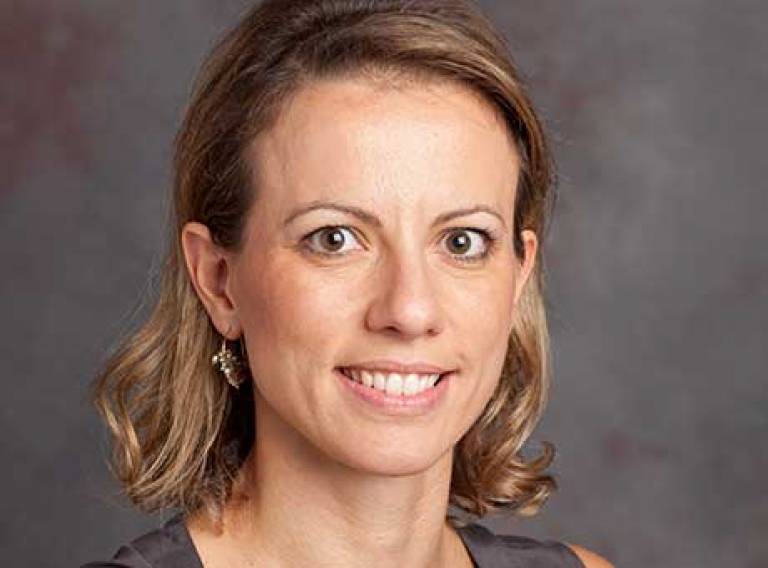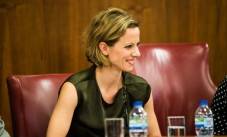Professor Virginia Mantovalou's ‘The right to work: Whose work, what work?’ in The Fabians pamphlet
2 October 2017


The Fabian Society is Britain’s oldest political think tank. Founded in 1884, the Society is at the forefront of developing political ideas and public policy on the left.
Professor Mantovalou said:
‘The right to work is a universal human right but in practice it is often made conditional upon a valid work permit. My piece discusses whether certain restrictive immigration rules that make workers prone to exploitation are compatible with the right to work.
The exploitation of these workers by employers is very troubling. That the state sometimes creates this vulnerability through immigration rules is morally repulsive, and violates the human right to work’.
About the chapter:
Labour has struggled to form a coherent approach to liberty and human rights. Many on the left reject the authoritarian aspects they perceive to have characterised New Labour’s ‘tough on crime’ agenda including attempts to introduce identity cards. Others argue that the left has failed to create a discourse around liberty and human rights that meets citizens’ very real concerns.
How do we reach out beyond the view that civil liberties are purely a concern for the liberal elite? Can we respond to the new challenges to our rights posed by the digital age and the explosion of social media? How do we reframe the liberty debate to capture the rights that many citizens hold most dear? Is it possible to make the UK a beacon for human rights in the post-Brexit world? This collection examines the left’s tradition of upholding key rights and freedoms and explores a number of ways in which a fresh vision of liberty could transform lives, institutions and relationships with the rest of the world.
 Close
Close

